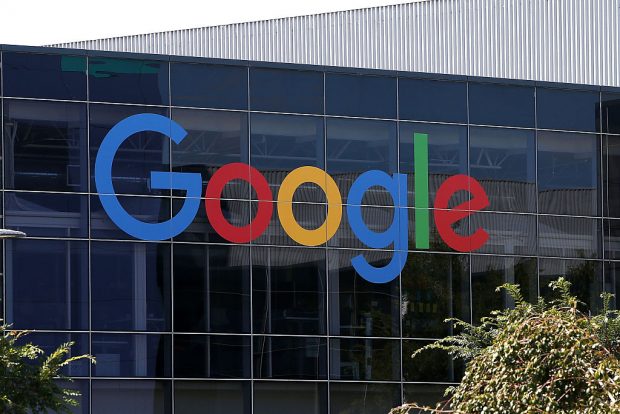Google’s decision to employ an extra 3,000 people in London is undoubtedly great news for Britain. But it’s nonsense to try and tangle the company’s plans as being all – or, indeed, anything – about Brexit.
Of course, it was only a matter of time before Google’s announcement was glimpsed through the Brexit prism. Everything is these days. Some have said the new jobs promised by Google and the firm’s £1bn investment is ‘despite’ the outcome of the referendum. In their coverage of the announcement, Bloomberg said tech firms had been left wondering ‘whether they’ll still be able to hire workers from overseas…after the country leaves the bloc’. This suggested Google’s announcement was something of a risk, given that the government’s Brexit plan is at such a primitive stage. Yet this argument shows the problem with thinking everything is about the referendum. Yes, the restrictions on workers from overseas coming to Britain are likely to change after Brexit. But these regulations are unlikely to strangle those applying for skilled jobs in the tech sector; Philip Hammond, for one, has said as much. And Britain’s exit from the EU is also likely to make visa restrictions for workers from outside the EU much less onerous than they are today.
So saying that yesterday’s Google announcement is in spite of Brexit just doesn’t add up. In fact, one of the big reasons for the hold-up in the tech giant’s decision about its new London HQ had less to do with Google’s referendum anxiety, than a more mundane disagreement about what its plush new building should actually look like, and how many beanbags should litter the floors of its famously trendy office.
It’s also notable that Sundar Pichai, the company’s chief executive, barely used the ‘B word’ at all in his announcement. For him, London is – and will be – a place where there are ‘opportunities’ and ‘an incredible place for us to invest’. Admittedly, he said there was some ‘uncertainty’ surrounding Brexit. But his announcement made it clear that this was a relatively small question mark when weighed against the huge opportunities offered to the company by basing more of its staff in Britain. Instead he insisted that:
‘Here in the U.K., it’s clear to me that computer science has a great future with the talent, educational institutions, and passion for innovation we see all around us.’
This ties in with what Google has said before about Brexit. While many have been shrieking loudly about what leaving the EU will mean for Britain, to its credit, Google has done its best to try and calm the fire. Back in September, Google boss Matt Brittin (best known for forgetting how much he earned) said that Brexit was a ‘local’ issue. And he was broadly right. He pointed out that while there was undoubtedly some ‘uncertainty’, this was small fry given how businesses – especially tech companies – operate today in a manner which has less and less to do with geographical or political unions. He said that what was more important ‘in the big scheme of things (is) the major trend that is happening…that the internet population is doubling from 2.7bn people to over 5bn people in a four to five year period’.
Finally, it’s also worth remembering that Google is no friend of the EU. The European Union has seemed to make it its mission to make life difficult for Google, launching a number of witch hunts against the company. Some of these have been merited, some less so. Yet as Michael Moritz pointed out in the FT earlier this year, the sum total of these numerous probes into Google are likely to leave the impression that ‘no success goes unpunished’. Whatever post-Brexit Britain looks like for Google, it’s sure to be a friendlier place to work than the EU.







Comments